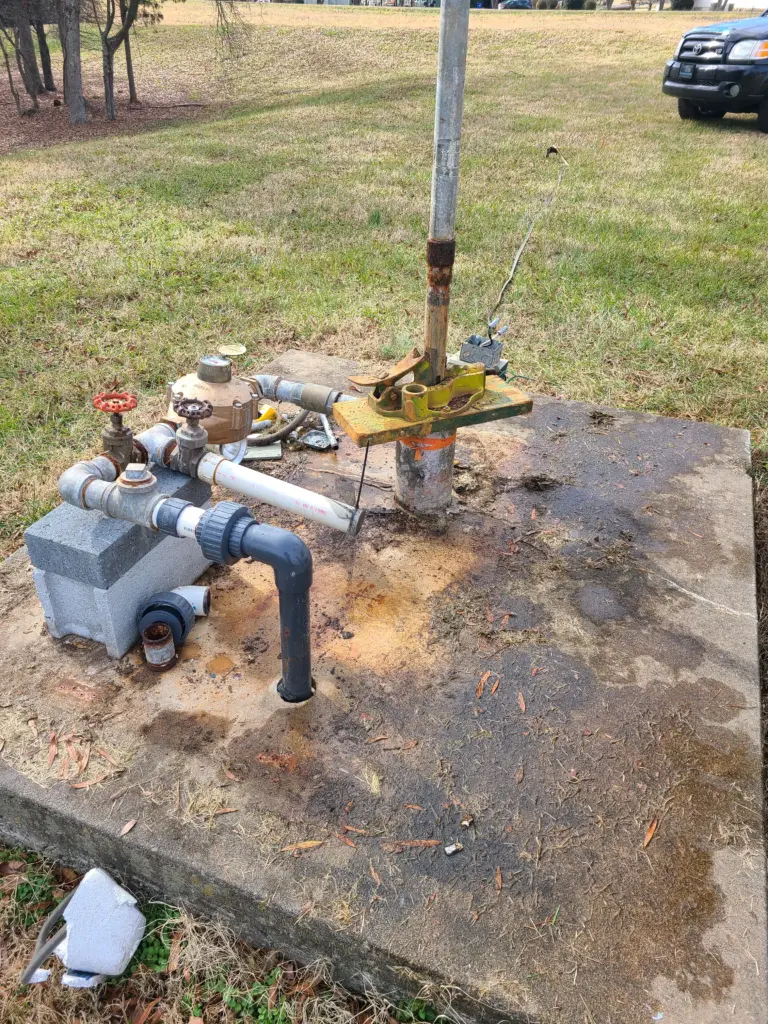Is Your Water Pump Telling You Something? Understanding Its Signals

That weird noise from your water pump? It’s not just being loud for no reason. Pumps have a way of letting you know something’s off—whether it’s a strange sound, low pressure, or it’s running more than usual. Ignoring those signs could lead to bigger problems, like no water when you need it or costly repairs.
Most of the time, it’s not about guessing what’s wrong. Your pump is sending signals—you just need to know what they mean. Whether you use it for your home, garden, or business, keeping your pump in check saves you time, money, and stress. This quick guide breaks down the common signs your water pump might be giving you and what they actually mean.
How can you tell if your water pump is failing?
There are several key signs that indicate your water pump may be failing. Here’s how you can tell:
- Frequent Cycling: If your water pump turns on and off more often than usual, it could signal a failing pressure switch or an issue with the tank. Constant cycling strains the pump, which could eventually lead to its failure.
- Weak or No Water Flow: A drop in water pressure, weak water flow, or no water from faucets can indicate that the pump is malfunctioning. This could be due to a faulty pump or a clogged filter.
- Unusual Noises: If you hear strange noises like grinding, buzzing, or humming from the pump, it could be a sign of internal mechanical problems or worn-out components that need attention.
- Low Water Pressure: If the water pressure in your home fluctuates or is consistently low, the pump may be struggling to keep up with demand or losing its ability to maintain consistent pressure.
- Discolored Water: If you notice discolored or dirty water, it might be a sign that the pump is stirring up sediment or malfunctioning.
- Increased Energy Bills: If your pump is constantly running without effectively delivering water, it may be drawing more power than usual, which can be reflected in higher electricity bills.
If you notice any of these signs, a professional must inspect your water pump to avoid further damage and ensure your system is running efficiently.
Why does a water pump make unusual noises?
Unusual noises from a water pump can indicate several potential issues that need attention. Here are some common reasons why a water pump might make strange sounds:
- Air in the System: Air trapped in the pump or pipes can cause bubbling or gurgling noises. This can happen if the pump is not fully primed or if there’s a problem with the pressure tank, leading to air pockets that disrupt the smooth flow of water.
- Cavitation: Cavitation occurs when the pump isn’t receiving enough water, causing air bubbles to form and implode inside the pump. This results in a gravel-like or popping noise. Cavitation can damage the pump over time, so it’s important to address the issue promptly.
- Worn Bearings or Motor Issues: If you hear a grinding, squealing, or high-pitched whine, it could be a sign of worn bearings or other mechanical issues inside the pump motor. These sounds indicate that parts are rubbing against each other or not operating smoothly, which can lead to a complete pump failure if not addressed.
- Loose or Damaged Parts: A rattling or banging noise can indicate that internal parts, such as the impeller, are loose or damaged. This can cause vibrations and affect the pump’s efficiency.
- Debris in the Pump: If there’s debris or sediment in the water, it can get caught in the pump, causing a grinding or clunking noise. Over time, this can damage the impeller or motor.
- Dry Running: If the pump runs without sufficient water (dry running), it can cause a screeching sound as the motor works harder to pump air instead of water, damaging the pump.
If your water pump is making unusual noises, it is important to address the issue as soon as possible to avoid further damage and ensure that the pump operates efficiently.
When should you replace a faulty water pump?
You should consider replacing a faulty water pump when it begins showing signs of significant malfunction, such as frequent breakdowns, strange noises, or an inability to maintain water pressure.
Suppose the pump constantly runs without adequate water flow or makes unusual sounds like grinding, whining, or rattling. In that case, it’s a clear indicator that the internal components may be worn out or damaged.
A faulty pump might sometimes fail to maintain adequate pressure, resulting in low water flow throughout the house or no water at all. Replacing the pump might be the most cost-effective solution if these issues persist despite repairs.
Additionally, if the pump is over 10 to 15 years old, it may be time for a replacement, especially if repairs become more frequent or costly. As pumps age, their efficiency decreases, and the likelihood of further breakdowns increases. If the pump’s motor is damaged beyond repair, or if it’s causing frequent power surges or electrical issues, it’s often better to replace the unit entirely.
Upgrading to a more efficient, modern pump can improve water flow, energy efficiency, and reliability, ultimately saving you money in the long run by reducing repair costs and energy consumption.
Listen to Your Water Pump: Understand Its Signals!
At Well Doctor LLC, we understand that your water pump can send important signals when something’s wrong. If you notice issues like low water pressure, strange noises, or frequent cycling, your pump might be trying to tell you it needs attention.
Ignoring these signs can lead to costly repairs or system failure. Our expert team is here to help diagnose and resolve any issues with your water pump, ensuring optimal performance and preventing future problems. Don’t wait for a bigger issue—contact Well Doctor LLC today to keep your water system running smoothly!



